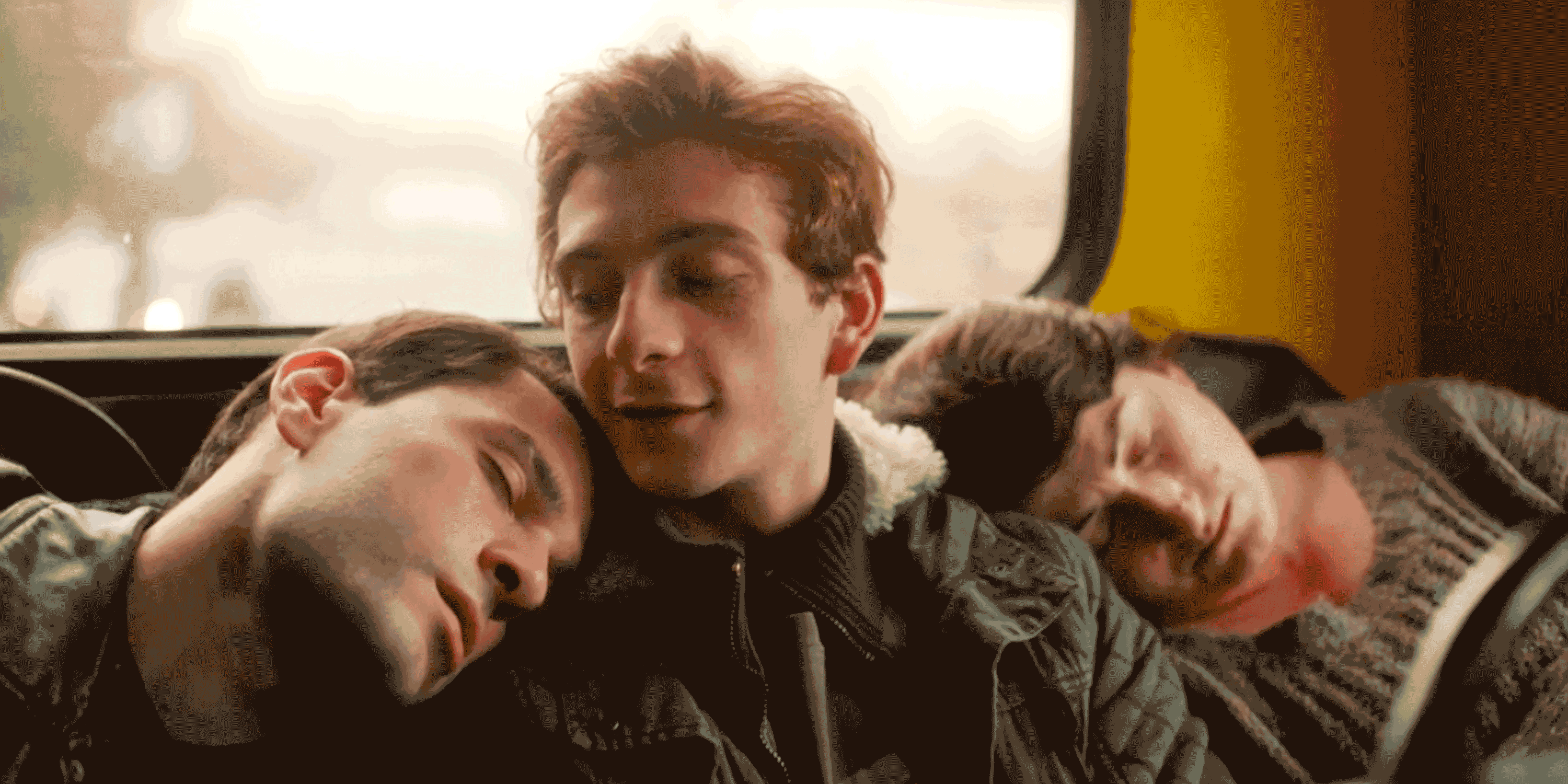Dance, like many performing arts, can be seen as a means of self-expression through which a person seeks to better connect with themselves and the world around them. In Dirty Dancing, Baby develops confidence as she and Johnny practice and later perfect the famous lift. In Call Me By Your Name, Elio and Oliver dance to “Love My Way” by The Psychedelic Furs, their movements mirroring the growing exploration of their sexuality. In Georgian-Swedish director Levan Akin’s And Then We Danced, screened at the 55th Chicago International Film Festival, dance is the platform through which Merab, played with such strength and vulnerability by first-time actor Levan Gelbakhiani, maneuvers his desire to be a better dancer and to love openly and freely in a culture that spews homophobic violence.
Set in the country of Georgia, the film follows Merab, who has been training in the National Georgian Ensemble since he was a young boy. Dance runs in his DNA — his parents and grandmother were all prodigies and trained within the same program — but unlike his family, Merab is often called too “soft” and sexual by his dance coach. Softness, we learn, is something that has no place in Georgian dance, which places strength and control on a pedestal in an effort to honor “the spirit of the nation,” as is stated by the coach and made evident through the videos of Georgian dance played throughout the film.
Despite this, Merab remains headstrong in his quest to perfect the traditional Georgian dances — until new dancer Irakli (Bachi Valishvili) arrives and quickly becomes his rival and later, his most ardent desire. As the film plays out, the two become closer, acting on their burgeoning hunger for one another in private, but repressing their feelings in public to avoid any threats. Yet even when the two are not physically acting on their attraction, it’s the moments of softness — be it a gaze from across the room, resting a head on a shoulder, or a simple knee jerk — that really capture the all-consuming nature of a first love.
While the homophobia in Georgian culture is treated seriously and even transcends the screen— many of the dance coaches and trainers were not credited due to fear of losing their jobs or their lives — the film is not meant to be heartbreaking. In fact, And Then We Danced remains woven with hope all throughout and culminates in a final performance where Merab again dances sensually and powerfully, but is more uninhibited (though it must be noted that Gelbakhiani is a trained dancer and all his dances were beautiful, even if they were softer). In his movements, one sees the pain of having to hide his truth. But within that pain, there is also the strength to carry on, to keep dancing and live this truth against all odds.
Header image from the Chicago International Film Festival




NO COMMENT